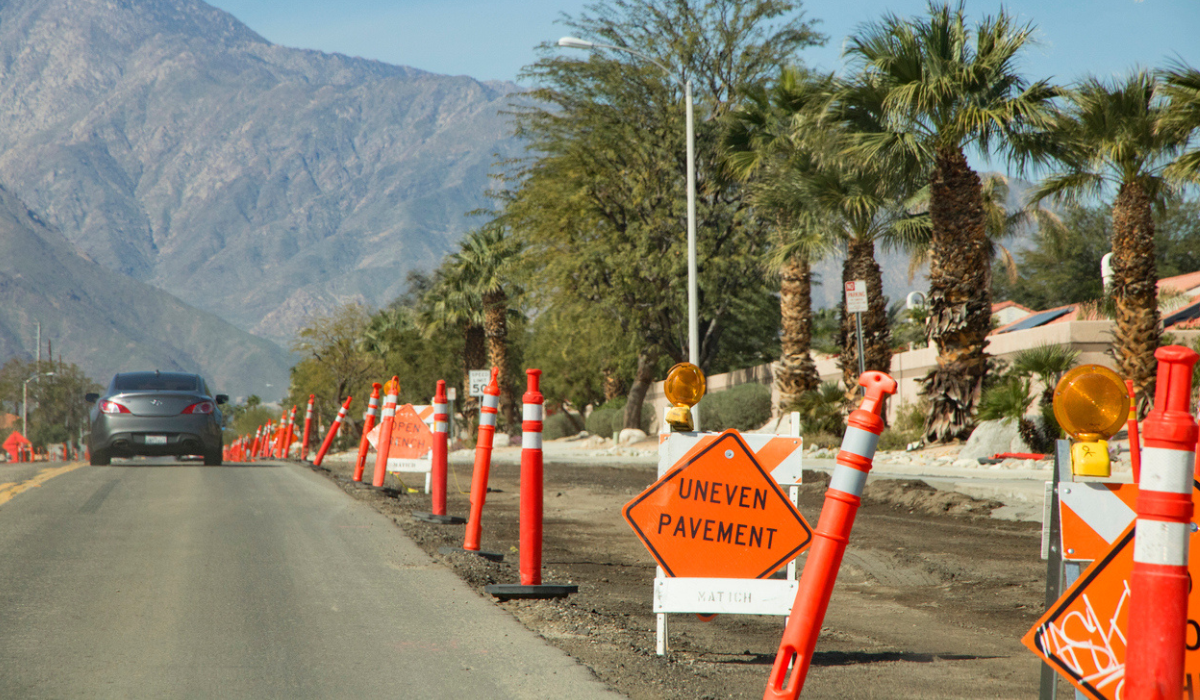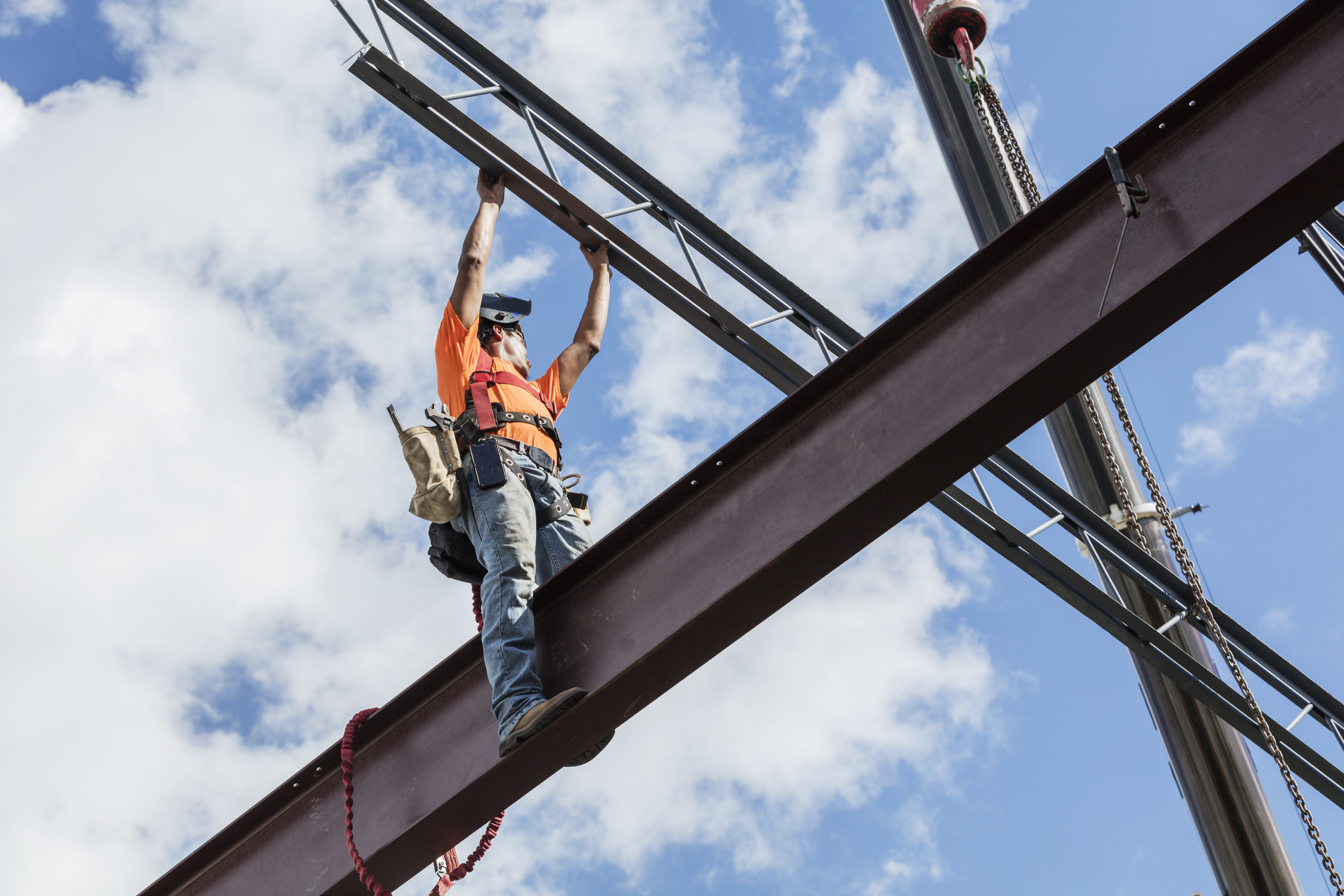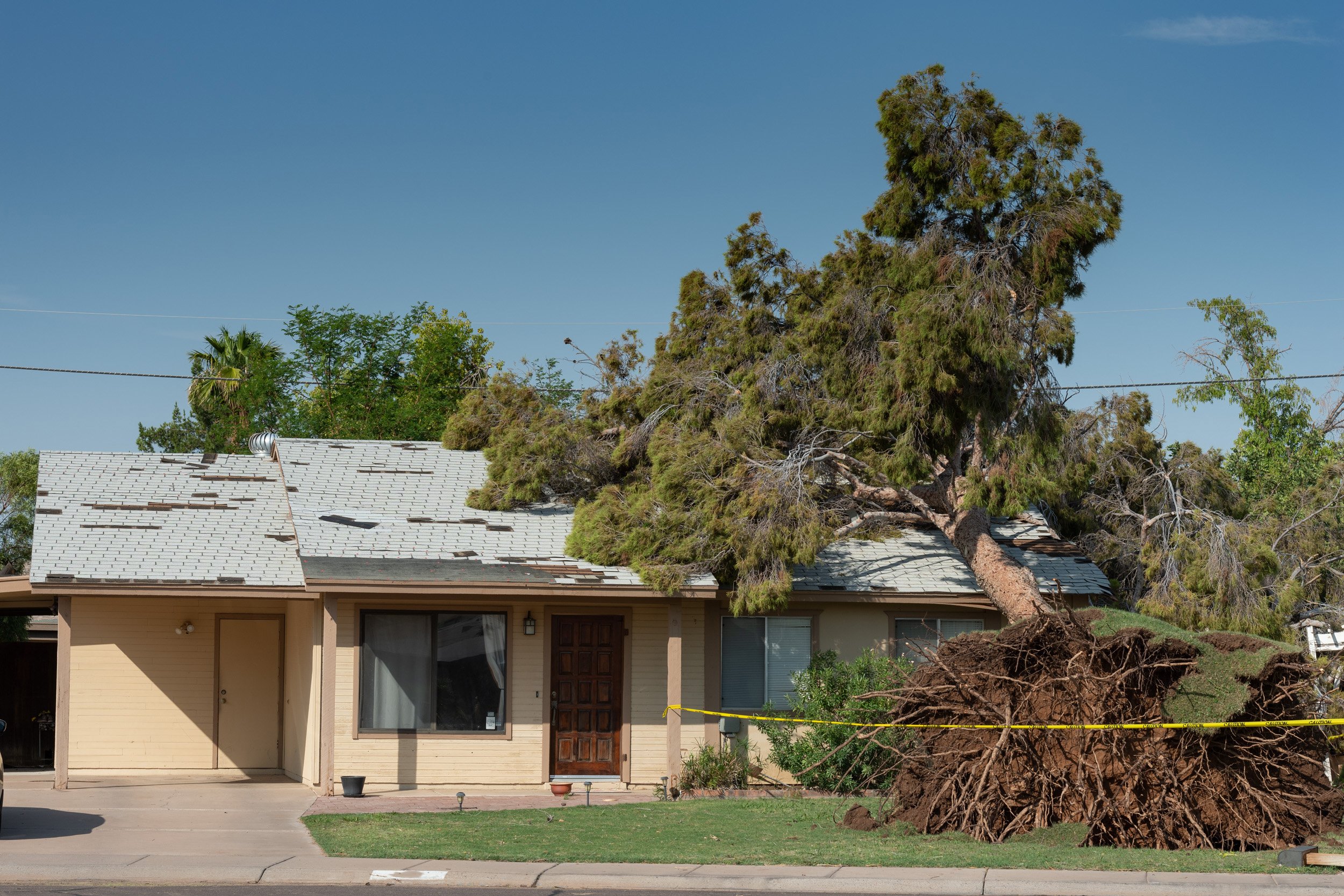Listen to this post
Post Summary
What are public works bonds?
What types of bonds are required for public works projects in California?
When are public works bonds required in California?
What happens if a contractor fails to meet their obligations?
How can BOSS Bonds help contractors secure public works bonds?
Navigating Public Works Bonding Requirements in California
California currently has one of the largest state public works budgets in the country. As a result, Golden State contractors enjoy ample opportunities to bid on new projects and grow their businesses. But first, they must meet one critical requirement: securing the right surety bonds.
Surety bonds help contractors build trust with project owners, safeguard subcontractors and suppliers, and ensure regulatory compliance. They also give P&C agents a valuable opportunity to become the go-to resource for risk management for California-based contractors.
Below, we’ll break down California’s key public works bonding laws and explain the types of bonds contractors need. Keep reading if you’re a contractor looking to bid on public works projects or an insurance professional eager to expand your product offerings.
Understanding California’s Public Works Bonding Laws
California takes public works seriously. Its State Contract Act lays out strict guidelines for the bidding and awarding of public construction contracts, emphasizing transparency, fairness, and accountability. The act also outlines the state’s surety bond requirements.
Some key sections of the State Contract Act are as follows:
- Attorney General Approval (Section 10220) – Before a public works contract can move forward under the State Contract Act, it must be reviewed and approved by the Attorney General. Once approved, a certified copy must be filed with the State Controller.
- Separate Bonds Required (Section 10221) – Contractors are required to file separate performance and payment bonds. These bonds must come from a surety company licensed and approved by the state, and cash deposits or alternatives are not accepted.
- Bond Amounts (Section 10222) – In most cases, each performance and payment bond must be equal to at least one-half of the contract price, unless otherwise specified. For contracts exceeding $250 million, the Department of Transportation sets the payment bond amount at either one-half of the contract price or $500 million, whichever is less.
Along with these bond requirements, contractors must also adhere to California Civil Code Section 9550, which requires payment bonds on all public works contracts (state or local) exceeding $25,000. This payment bond protects workers, subcontractors, and suppliers by guaranteeing they’ll be paid for their labor and materials.
California’s surety bond laws play an important role in protecting public funds. They ensure that taxpayer money is spent on quality construction and reduce the risk of project failure or financial disputes.
Differences Between Federal, State, and Local Requirements
California has a lower surety bond threshold than the federal government. For state public works projects, the requirement kicks in at just $25,000. Meanwhile, federal public works contracts fall under the Miller Act, which only mandates payment and performance bonds for projects over $100,000.
On top of that, local municipalities in California may have additional bonding requirements. This means contractors need to carefully review the specific obligations for each project to ensure full compliance.

5 Types of Bonds Required for Public Works Projects
Now that we’ve explored California’s public works bonding laws, you may be wondering what types of bonds are typically involved in these projects. The most common ones include:
- Bid bonds – A bid bond guarantees that a contractor will accept the contract and provide the required bonds if awarded the project. If they win the bid but fail to follow through, the project owner can file a claim on the bid bond to recover any costs associated with re-bidding. This protects project owners from unreliable bidders and ensures the bidding process remains fair and competitive.
- Performance bonds – A performance bond guarantees that the contractor will complete the project on time, on budget, and up to quality standards. If a contractor fails to perform, the bond helps cover the costs of finishing the job or fixing any issues, providing peace of mind to public entities relying on the contractor’s work.
- Payment bonds – A payment bond ensures subcontractors, suppliers, and laborers are paid on time for their work and materials, even if the contractor encounters financial trouble. Without a payment bond in place, unpaid subcontractors and suppliers may file liens or lawsuits, delaying the project and increasing costs for public agencies.
- Maintenance bonds – Also known as warranty bonds, maintenance bonds provide assurance that the contractor will correct any defects or issues that arise after a project’s completion—typically within a specified time frame.
- License bonds – Contractors bidding on public works projects often need to maintain an active contractor license, backed by a license bond. This bond guarantees their compliance with state laws and regulations.
State, county, and city governments may require some or all of these bonds, as well as some private project owners who receive public funds.
Read More: 6 Types of Bonds Your Contractor Client Might Encounter
4 Common Challenges Contractors Face in Securing Bonds
Even the most experienced contractors can encounter obstacles when trying to secure public works bonds. Some common challenges include:
- Inadequate financial qualifications – Surety companies evaluate a contractor's financial health before issuing bonds, reviewing their credit scores, financial statements, and cash flow. Poor credit or incomplete financials can lead to higher bond premiums or difficulty securing bond approvals.
- Bonding capacity limitations – A contractor’s bonding capacity is the maximum amount of bonded work they can take on at any given time. Bonding capacity limits are based on the contractor's financial strength and experience. Thus, insufficiency in these areas can limit a contractor's ability to secure larger projects.
Read More: 10 Tips for Increasing Your Bonding Capacity - Insufficient experience – Newer contractors may struggle to get bonded, especially for large projects. That’s because sureties often look for a track record of successful, similar work before approving bonds on major contracts.
- Claims – Bond claims can seriously damage a contractor’s reputation and bonding capacity. These claims take place when a contractor fails to complete a project, pay their subcontractors, or fulfill their contractual obligations.
How P&C Agents Can Help Contractors with Their California Bonding Requirements
Surety bonds can be complex, especially since California’s bonding laws can vary from one jurisdiction to another. That’s where the support of P&C agents becomes invaluable.
If you’re a P&C agent, you can help your contractor clients understand their California bonding requirements and secure the bonds they need to grow their businesses. All you need to do is:
- Educate your clients on their bonding requirements.
- Help your clients optimize their finances and bonding capacity.
- Partner with a surety-only agency, like BOSS Bonds, to streamline the bonding process.
- Support your contractor clients with their regulatory compliance.
- Provide proactive tips for preventing bond claims.
Read More: Common Mistakes P&C Agents Make with Surety Bonds & How to Avoid Them
Recent Developments in California Public Works Bonding
As of 2025, California continues to enforce Section 9550, with no major legislative changes. However, rising material and labor costs have increased the value of public works contracts and their associated bond amounts, directly impacting contractors' bonding capacities.

Fortunately, there’s a silver lining – California is making historic investments in infrastructure, presenting exciting opportunities for contractors who are properly bonded. Currently, California is investing $180 billion into:
- Clean energy projects
- Transportation improvements
- Water infrastructure upgrades
- Broadband expansion
- Environmental restoration
- Hydrogen and semiconductor development
- Public school modernizations
With so much new funding at play, contractors need to get ready and start securing the right surety bonds so they can participate in these projects.
P&C Insurance Agents: Simplify Public Works Bonding for Your Contractor Clients
Understanding California’s public works bonding requirements is the key to taking advantage of the state’s enticing public works opportunities. By securing the right bonds, contractors can compete for these projects and grow their businesses.
That’s where BOSS Bonds comes in. As a surety-only partner with 40+ years of expertise, we can make your contractor clients’ bonding experience fast and stress-free. We work with over 25 surety carriers that provide coverage across all 50 states, including California. Better yet, we offer instant online applications and access to our seasoned contract bond team.
Ready to streamline surety bonding and take your business to the next level? Partner with BOSS Bonds today!
Sources:
eBacon. Your Best Guide to Public Works Compliance in California Right Now.
https://www.ebacon.com/california-law/frequently-asked-questions-about-public-works-in-california/
California Globe. State Contract Act Requirements.
https://californiaglobe.com/fr/state-contract-act-requirements/
Justia. 2024 California Code Civil Code.
https://law.justia.com/codes/california/code-civ/division-4/part-6/title-3/chapter-5/section-9550/
GSA. The Miller Act.
https://www.gsa.gov/system/files/miller_brochure.pdf
DGS. DGS California Construction Cost Index CCCI.
Building California. Home.
Key Points:
What are public works bonds, and why are they important?
Public works bonds are a type of surety bond required for government-funded construction projects. They ensure that contractors:
- Fulfill their contractual obligations: Completing the project as agreed.
- Pay subcontractors and suppliers: Protecting against unpaid claims.
- Comply with state laws: Meeting California’s strict bonding requirements.
These bonds protect taxpayers, government entities, and stakeholders from financial risks. Learn more about public works bonds on the BOSS Bonds Blog.
What types of bonds are required for public works projects in California?
California public works projects typically require three types of bonds:
- Bid Bonds: Ensure contractors can fulfill their bid commitments.
- Performance Bonds: Guarantee the contractor completes the project according to the contract terms.
- Payment Bonds: Protect subcontractors and suppliers by ensuring they are paid for their work and materials.
For projects over $25,000, these bonds are mandatory under California Civil Code.
When are public works bonds required in California?
Public works bonds are required for:
- Projects over $25,000: Any government-funded project exceeding this amount must have payment and performance bonds.
- State, federal, or local projects: Bonds are necessary for construction, repair, or improvement of public infrastructure.
- Subcontractor protection: Payment bonds ensure subcontractors and suppliers are compensated, even if the contractor defaults.
What happens if a contractor fails to meet their obligations?
If a contractor defaults on a public works project, the surety bond provides financial protection by:
- Compensating the project owner: Covering costs to hire a replacement contractor.
- Paying subcontractors and suppliers: Ensuring they are not left unpaid.
- Protecting taxpayers: Preventing financial losses on government-funded projects.
Contractors must prioritize compliance to avoid claims against their bonds, which can impact their ability to secure future bonds.
How can contractors secure public works bonds in California?
Contractors can secure public works bonds by:
- Working with a trusted surety provider: Choose a company like BOSS Bonds for fast, reliable service.
- Preparing financial documents: Sureties evaluate credit scores, financial history, and project experience.
- Understanding bond requirements: Ensure compliance with California Civil Code and project-specific regulations.
Start your application today with BOSS Bonds to meet California’s public works bonding requirements.
How does BOSS Bonds simplify public works bonding for contractors?
BOSS Bonds offers:
- Fast online applications: Apply for bid, performance, and payment bonds in minutes.
- Expert guidance: Navigate California’s complex bonding requirements with ease.
- Competitive rates: Affordable solutions tailored to your project’s needs.
- Nationwide coverage: Licensed to provide bonds across all 50 states.
Partner with BOSS Bonds to ensure your public works projects are fully bonded and compliant.










.png)

